We’re now a year removed from the initial civil rights protests that began last spring in response to the murder of George Floyd. Since then, many such efforts seem to have grown cold or run out of steam.
As Rebecca Stevens A. has said, this could be for a few reasons: forgetfulness, cold feet, or just that their allyship was superficial from the start.
But when it comes to the work of antiracism, the question many find themselves asking is, “How much is enough?” What are the quantitative means by which I can track my progress? Is there a finish line, an eventual arrival as an antiracist?
This article will address these questions.
If the Work Had a Finish Line, We’d Be There by Now
There is no clear finish line for the antiracism efforts of white people. In the 244 years that the United States has existed as an independent nation, we have yet to reach a point of racial equality that removes the need for such work.
Of course, there have been improvements in the realm of racial justice. But none of these have achieved the racial equality we are still fighting for today.
Had this occurred already, the Jim Crow era would have never happened. Brown v. Board of Education would have never been a contested decision in the Supreme Court, and children of all races would have had no issues attending school together.
Had we already reached the finish line, Martin Luther King, Jr. and Malcolm X wouldn’t have had to organize demonstrations and endure heinous racist acts of violence, resulting in their deaths.
We wouldn’t have had to fight and claw for Black people to be granted the right to vote less than sixty years ago.
Had the finish line been reached with the advent of modern technological advances, we wouldn’t still be combatting police brutality against Black people and mourning the loss of the lives such brutality has taken.
And even though a Black man was elected to the highest office in the land, no, racism has not been eradicated by his individual path of success.
We have not seen the end of racism.
You’re Asking the Wrong Question
“How much is enough for me to do to be considered antiracist?” and “What else is expected of me?” are the wrong questions to ask.
Instead, we should be asking, “What can I do with my resources right now to help move my pocket of society towards antiracism and justice?”
It’s not “How much do I have to do?” but “What can I do with what I have?”
Antiracism isn’t a school assignment to turn in at the end of the semester to finish up the year. It’s not something we can stay up all night completing the day before it’s due, get a passing grade, move onto the next level and do the same thing all over again.
It is truly life-long work.
When I first began my own journey of learning about white privilege, systemic racism, and white supremacy, I asked the wrong questions out of anxiety. I quickly became aware that the sheer length and breadth of injustice is too much for one aware white person to change. I also wondered not only “how much is enough?”
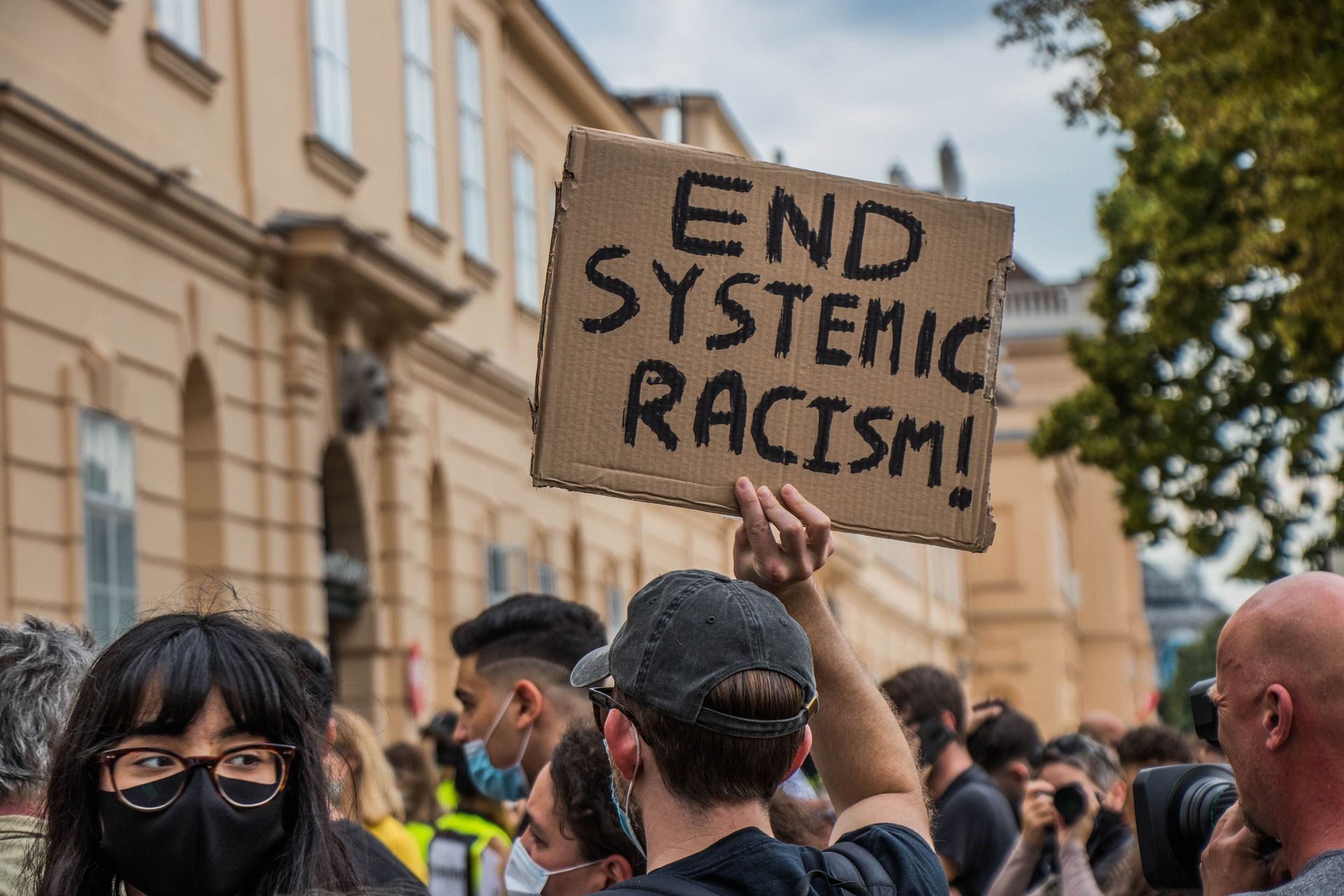
When faced with the seemingly insurmountable task of dismantling oppression, the easy answer is for us white folks to allow the anxiety that we can never do enough and fear of not being seen on “the right side” to force us into optical allyship.
But this perspective is limited and demonstrates the pervasive nature of white privilege; it is a privilege to consider the work of dismantling racism too wide, too big, and too difficult to handle while simultaneously being caught in the wrong idea that we’re each doing it alone.
Privilege teaches us that there is no one else like us, that we can’t rely on the experience and expertise of BIPOC folks), and that we are inherently unique and alone in the world. That we’re “special,” and not always in the best sense.
The next step beyond changing our questions from “how much” to “what can I do right now, with my resources,” is to then address the white privilege we hold and notice how it limits ideas and ambition in addressing oppression.
White privilege will always stand in the way of dismantling oppression because it thrives on white supremacy and by its very nature results in oppression.
Antiracism Is About the Long Game
I know that so far, I haven’t offered much more than telling you that as white folks, antiracism work is lifelong. I know that can seem daunting, and that the idea of shifting our question may seem too abstract to be of value.
Let’s bring it down to the real world. What are real actions you and I can take, using the resources, awareness, and energy we have right now?
Research, research, research
This is the best way to get started in antiracism work and move into the space within your time and energy limitations. For me, reading a ton of books, particularly those written by Black authors about their lived experiences and insights, helped shape my understanding of racism, as well as the role I could play in dismantling it, and privilege, in meaningful ways.
A few books that I’ve personally read, enjoyed, and can recommend are:
- Freedom Is a Constant Struggle by Angela Y. Davis
- I’m Still Here: Black Dignity in a World Made for Whiteness by Austin Channing Brown
- The Color of Compromise: The Truth about the American Church’s Complicity in Racism by Jemar Tisby
- The Color of Water: A Black Man’s Tribute to His White Mother by James McBride
- The New Jim Crow: Mass Incarceration in the Age of Colorblindness by Michelle Alexander (I’ve written a short blurb about this book, as well as the books by Angela Davis and Austin Channing Brown listed below, here if you want to read it.)
- White Fragility: Why It’s So Hard for White People to Talk About Racism by Robin DiAngelo
They come from different genres, different eras of authorship, and have different tones. And that’s why I love them—their diversity helped shape my mind much more than if I had read just one genre or author.
Additionally, research includes listening to the stories of Black, Indigenous, and People of Color (BIPOC) as well as podcasts (I enjoyed Incarceration, Inc. with Van Jones, Lettie Shumate’s podcast History Shows Us, and NPR’s Throughline when I was getting started). Ultimately, we should be asking questions with openness and a willingness to be wrong.
Start conversations
These certainly don’t need to start with heated debates with coworkers and friends about the recent Black Lives Matter (BLM) protests. Allow yourself to start simple conversations with people around you about questions you have. Consider a friend whom you believe has different political leanings than you do or a family member who grew up surrounded almost entirely by white people.
What simple questions can you use to start open dialogues, rather than jumping to accusing members of your circle of being racist and unsupportive of equality?
If you have a close relationship with a Black, Indigenous, or Person of Color and feel they would be open to discussing issues regarding racism with you, then you’re very lucky.

It is no small thing for a Person of Color to relive the trauma of racism for our (white folks’) learning benefit. I have a friend who graciously offered me his time and attention as I began my understanding of racism and white privilege. He answered my questions, recounted stories, and gave me a chance to really listen.
It is important to note a few things here, though.
White folks are not entitled to learn from individuals who have become experts on racism due to daily trauma. So, the opportunity to learn directly from a Person of Color is not something we are entitled to even if we have friends in the BIPOC community.
Additionally, this is not an opportunity to finally befriend that one Black person at your job just to pepper him/her with questions about racism. That’s tiring and unfair to them. If you want to get to know him, do that. Don’t treat a person you haven’t taken the time to know as your personal encyclopedia.
Think critically
As you arm yourself with knowledge, you’ll start to notice things you hadn’t before—passing comments, the absence of BIPOC at your job or in your life, the privileged behavior of white folks.
As you notice, don’t allow these instances to be immediately forgotten. Choose to consider them critically through your developing lens of antiracism.
Why are there only two People of Color at my job, and neither is in a leadership position? Think critically, then ask questions. How do my white coworkers act in comparison to the two People of Color? Maybe they dress more casually, swear more liberally, or take their jobs less seriously? Why is that? When a coworker uses the word “ghetto,” what do they mean?
Use your mind to store away these seemingly small instances to help you put together the puzzle later of what racism looks like in your own corner of the world. Because the reality is, it can be easy to acknowledge the idea of racism but it is harder to choose to see it in your own life.
Take notice, think critically, and most importantly, continue to examine yourself.
The Ongoing Work of Antiracism
Hopefully, it is clear now that the need for antiracism work is ongoing. We will no longer need antiracism work when every system and institution reflects and practices complete equality and equity for all races of people, and when no one slips through the cracks. The key is that antiracism is more than policy; it’s personal.
For antiracism work to become unnecessary, every white person needs to reach a point where our minds are absent of racial bias and we no longer cling to the systems that support us while stomping on those it doesn’t.
I think this day is still far in the future.
But, we can do work now to get there quicker.
Do what you can in your little corner of the world with the energy, resources, time, and talents you have. This problem involves all of us, and its solution requires a multi-faceted approach.
In other words, there’s always something each of us can do.
So don’t get bogged down by what you aren’t doing, or fear that you’re not appearing antiracist enough. Focus on taking small steps now and remember that this is the long game. Nothing good comes easily, and achieving an antiracist society is no different.
Top photo by Stephanie Valencia on Unsplash of mural by Alex Ali Gonzalez.


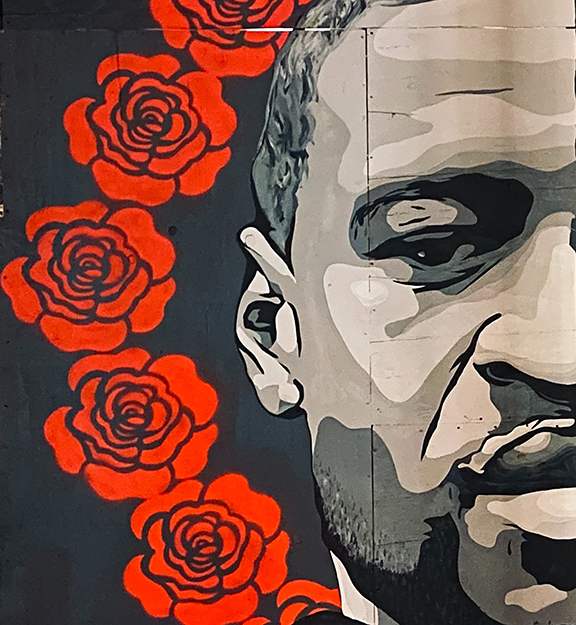





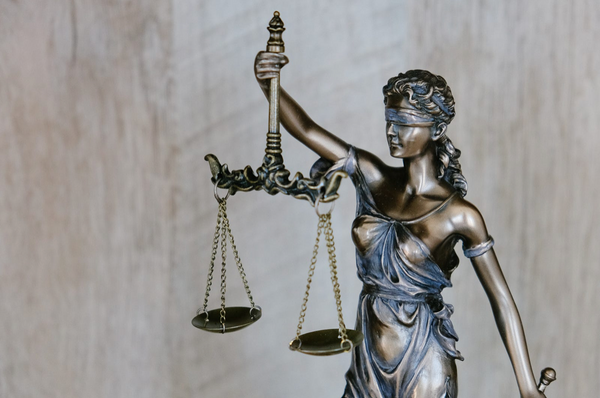
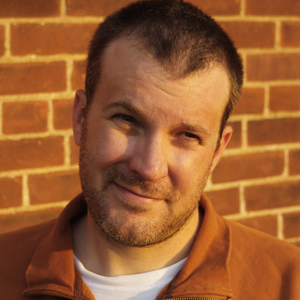

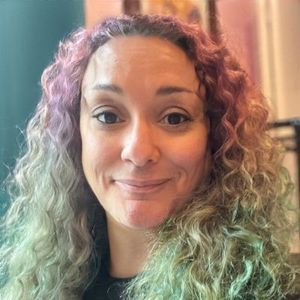


Member discussion